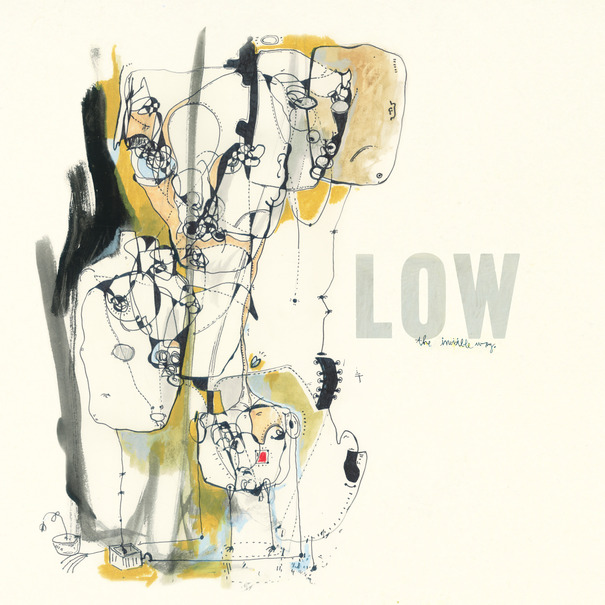The first thing you notice about Matthew Houck’s sixth album is it’s sense of warmth; the smell of grass drifting across a field of prairie, a backyard barbecue or kicking back in a bar with a few fellow travellers. The scent wafts out and you’re inevitably drawn in. Band of Horses have led the charge in making beardy southern dudes emoting both popular and commercially viable but Houck strays away from the bar-room anthemics in favour of a more intimate, delicate approach to songcraft.
Yet within this carefully established framework, ‘Muchacho’ finds Houck branching out from previous Phosphorescent releases, subtly playing with gentle synth figures on opening invocation ‘Sun Arise!’ or quirky saxophone on the wartime requiem ‘Down to Go’. Lead single ‘Song for Zula’ has the potential to be his breakthrough moment, with an earnest but insistent melody that inadvertently nods its cowboy hat to U2’s ‘With or Without You’.
Your enjoyment of much of ‘Muchacho’ may depend on how you respond to Houck’s rasping vocals, which fall somewhere between Conor Oberst and Tom Waits but tracks like ‘A Charm / A Blade’ demonstrate a gift for turning these quirks to his advantage, casting him as a prairie-roaming, one-man Fleet Foxes.
As usual Houck’s fine lyrics are steeped in biblical allusion and some of his arrangements stylistically predate the birth of rock n’ roll but if you’re prepared to tackle a beautiful, contemplative record that undoubtedly takes several listens to unfold then ‘Muchacho’ might well be one of your albums of the year.
8
Max Sefton





.jpg)








